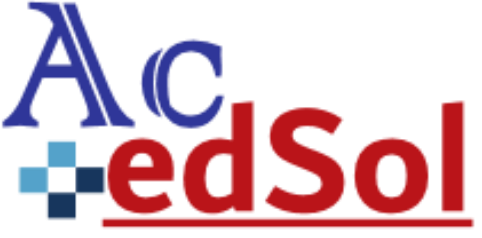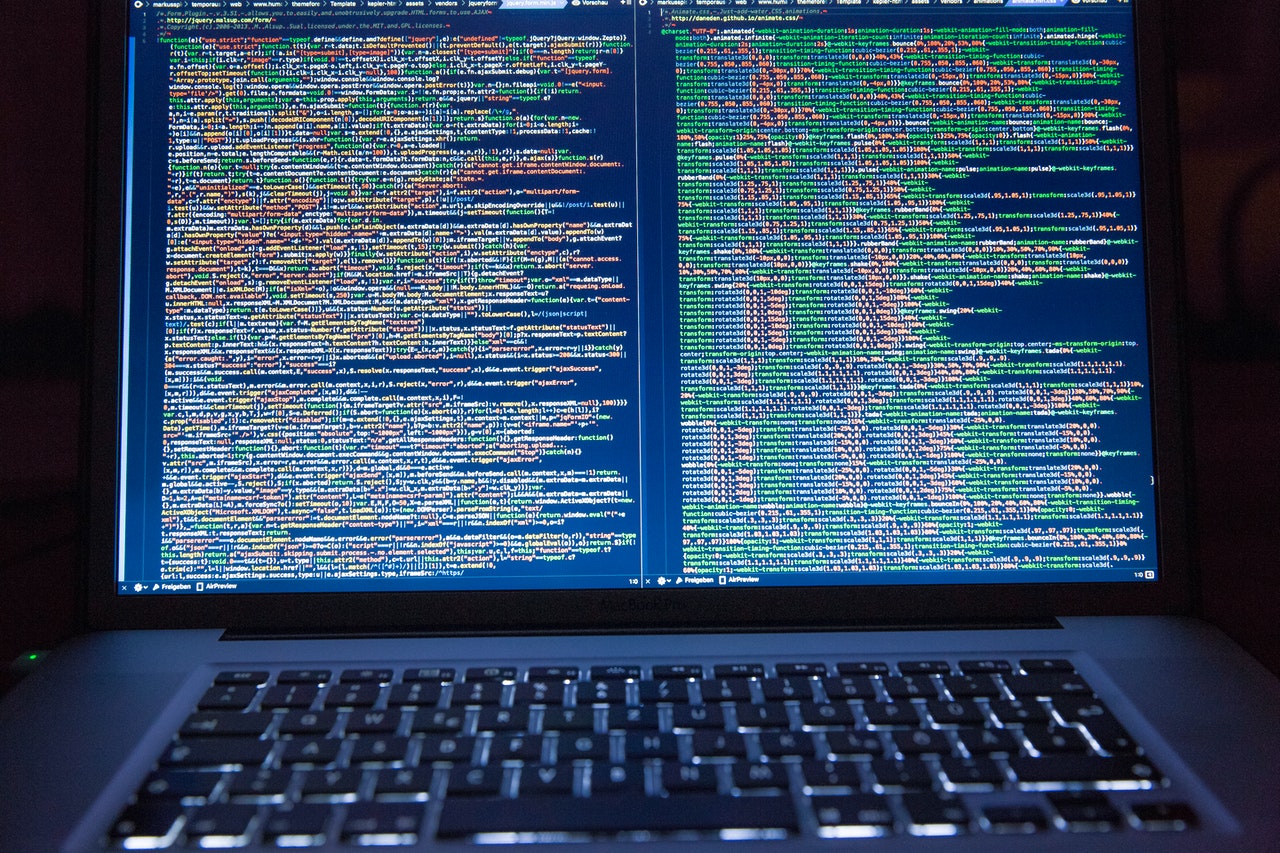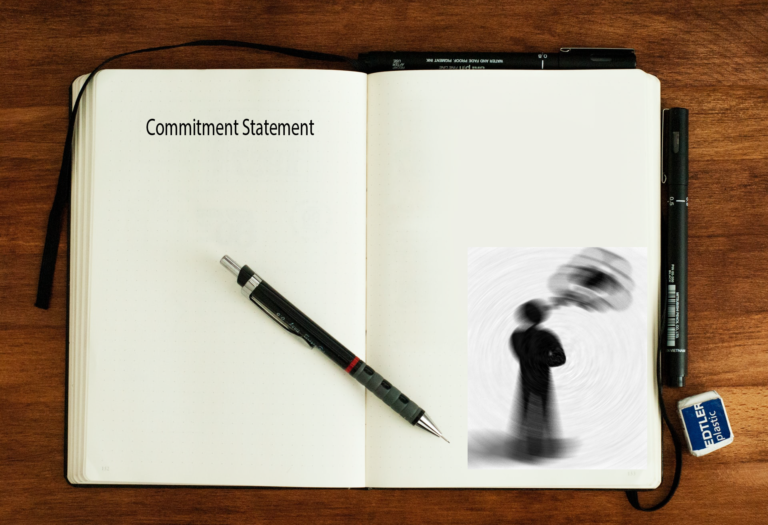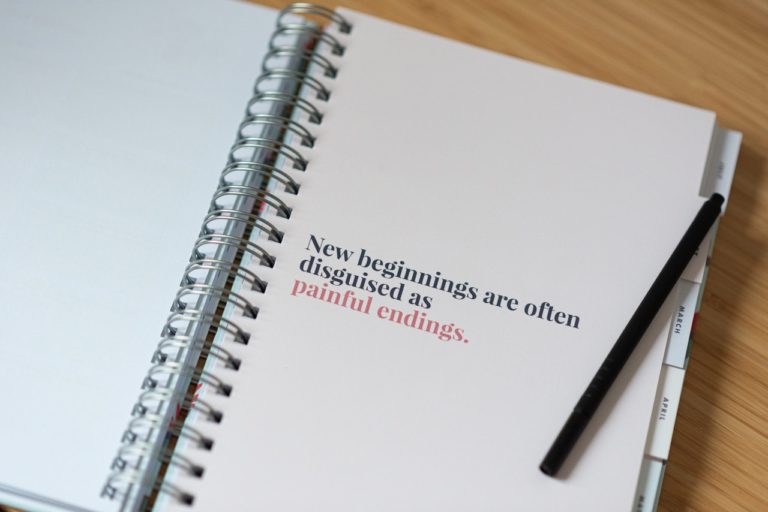What is plagiarism? What are reliable third-party tools?
The action or practice of taking someone else’s work, word, or idea from sources outside your own and putting it across as novel is called plagiarism. More precisely, plagiarism is a phrase used in journalism and academia, as the praxis of representing the thought, language, or findings of another author/writer, intending to exercise it as authentic, or originating from self-thought. Plagiarism is considered unethical and an act of dishonesty in the law and ethics of journalism and academia. In academia and publishing industry, plagiarism is considered a serious ethical offense or fraud, and can lead to legal action against the guilty, if protected under copyright law. The consequences may depend on the kind of plagiarism committed. Academic plagiarism occurs when a writer uses more than four words from a printed source without using quotation marks and a precise reference to the original source of work.
Why is plagiarism unethical?
Scholarly journals have a high reputation when it comes to publishing novel ideas, research findings, and results that represent the author’s original work in a clear and cogent manner. Scholarly journals take pride in advancing their specific scientific discipline, so they strive to publish only the most novel and exciting research findings. For this reason, scholarly journals have the responsibility to meticulously assess a manuscript before publishing in order to ensure the draft is free from any fabricated work or ideas, to avoid copyright violation, and to discourage research misconducts. To that end, most research works are conducted and written through study and reference from other sources such as previous research works published by other scientists.
The scientific community depends on the foundational model of shared research data disseminated through scholarly journals that help and support other research studies pertinent to the field of study. This is done so as to validate new research findings and experiments conducted that should have relevance and proof of significance, adding value and credibility, which can contribute to the advancement and progress of a particular study or academic discipline. Therefore, a case of a published article or research work containing unethical use of someone else’s work or idea in the form of plagiarism can adversely affect the reputation and credibility of the journal or institution.
Therefore, scholarly journals and academic institutions have a systematic procedure and methods tailored to the publishing process that are dedicated to deducing sources that help identify if the written text is copied from a third-party source, and if so, how much was stolen. Scholarly journals achieve this through use of reliable third-party tools (Turnitin, and iThenticate).

“Third-party tools (iThenticate or Turnitin) plagiarism detection services for the corporate market, intended for publishing houses. These tools help researchers and professional academic writers to evaluate and check their work for potential plagiarism prior to publishing”
These are primarily used in the academic field, especially by academic institutions, journal and academic publishers, scholars, and editors to avoid research misconducts from being published. These tools were developed with the purpose of protecting research and publishing reputation, as well as to achieve respectful and ethical research and publishing culture in the academic field. Of late, iThenticate or Turnitin has become an integral part of the edit and academic publishing process.







